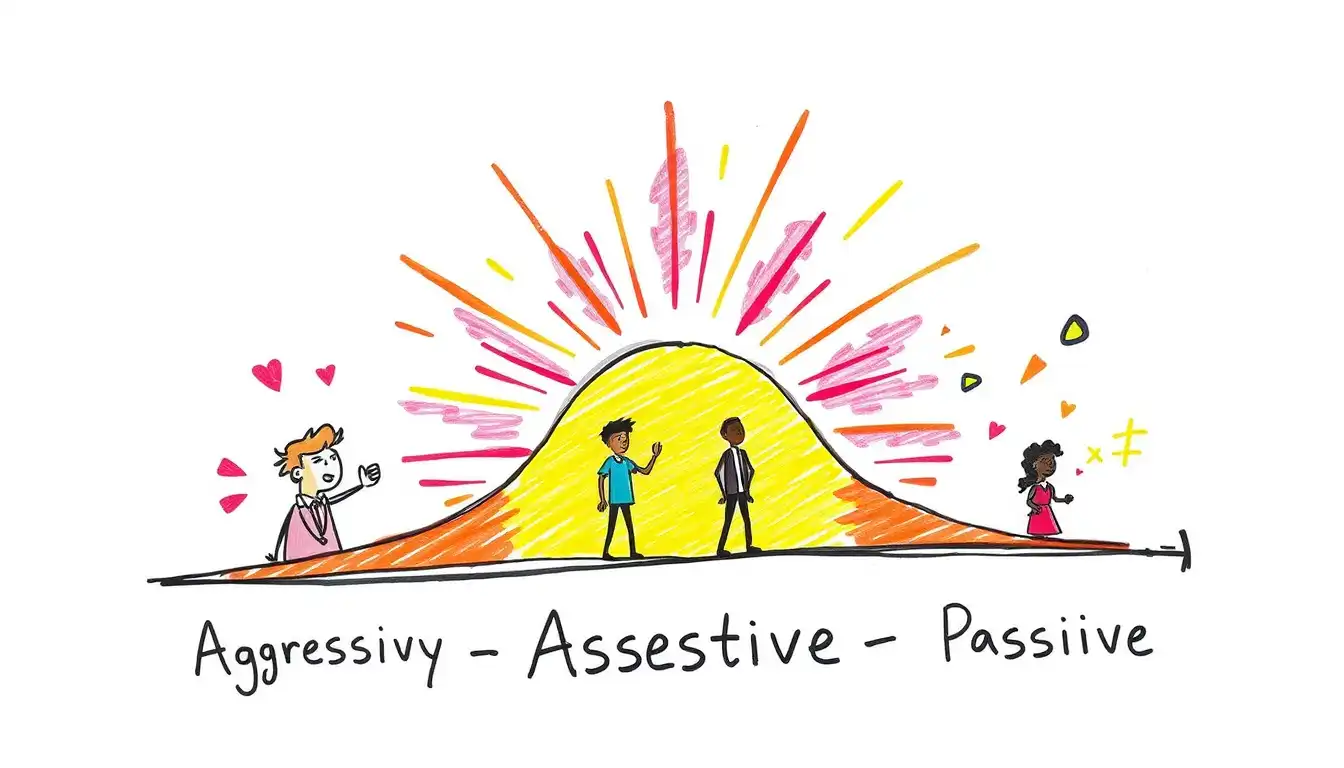What is a Negotiation?
A negotiation is a dialogue between two or more parties with the intention of reaching a mutually beneficial agreement. It involves communication, compromise, and creative problem-solving to find a solution that satisfies all parties involved. Effective negotiation skills are essential in various aspects of life, including business, personal relationships, and even international diplomacy.
In a negotiation, each party typically has its own interests, needs, and goals. The negotiation process involves identifying these interests, creating options, and selecting a mutually acceptable solution. A successful negotiation requires active listening, empathy, and a willingness to compromise.
The Principles of a Negotiation
A negotiation is guided by certain principles that help parties reach a mutually beneficial agreement. These principles include:
Separate the People from the Problem
In a negotiation, it’s essential to separate the people from the problem. This means focusing on the issue at hand rather than making personal attacks or taking things personally. By doing so, parties can maintain a positive relationship while still addressing the problem.
Focus on Interests, Not Positions
Parties in a negotiation often have different interests, needs, and goals. Focusing on these interests rather than fixed positions can help parties find creative solutions that satisfy everyone’s needs.
Use Objective Criteria
Using objective criteria, such as market data or expert opinions, can help parties in a negotiation reach a fair and reasonable agreement. This approach can reduce conflicts and increase the chances of a successful outcome.
Generate Options
Generating multiple options can help parties in a negotiation find a solution that satisfies everyone’s needs. This approach encourages creative thinking and increases the chances of a mutually beneficial agreement.
The Phases of a Negotiation
A negotiation typically involves several phases, including:
Preparation
Preparation is a critical phase of a negotiation. It involves researching the other party, identifying interests and goals, and developing a negotiation strategy.
Opening
The opening phase of a negotiation involves setting the tone and establishing a rapport with the other party. It’s essential to create a positive and respectful atmosphere to increase the chances of a successful outcome.
Clarification
The clarification phase involves gathering information and understanding the other party’s interests, needs, and goals. Active listening and open-ended questions are essential during this phase.
Bargaining
The bargaining phase involves negotiating the terms of the agreement. Parties may make concessions, offer alternatives, and use persuasive tactics to reach a mutually beneficial agreement.
Closure
The closure phase involves finalizing the agreement and ensuring that all parties are satisfied with the outcome. It’s essential to summarize the agreement and clarify any misunderstandings.
Common Negotiation Tactics
Parties in a negotiation often use various tactics to achieve their goals. Some common negotiation tactics include:
Anchoring
Anchoring involves making an initial offer that sets the tone for the negotiation. This tactic can influence the other party’s perception of the negotiation and increase the chances of a successful outcome.
Mirroring
Mirroring involves imitating the other party’s body language and speech patterns. This tactic can create a sense of rapport and increase the chances of a successful outcome.
Good Guy/Bad Guy
The good guy/bad guy tactic involves one party playing the role of the “good guy” while the other party plays the role of the “bad guy.” This tactic can create a sense of pressure and increase the chances of a successful outcome.
Negotiation in Real-Life Scenarios
Negotiation is an essential skill in various real-life scenarios, including:
Business Negotiations
Business negotiations involve negotiating contracts, prices, and other business terms. Effective negotiation skills can help businesses increase revenue, reduce costs, and improve relationships with suppliers and customers.
Salary Negotiations
Salary negotiations involve negotiating compensation and benefits with an employer. Effective negotiation skills can help individuals increase their salary, improve their benefits, and enhance their career prospects.
International Negotiations
International negotiations involve negotiating with parties from different cultural backgrounds. Effective negotiation skills can help parties navigate cultural differences, build relationships, and reach mutually beneficial agreements.
FAQ
What is the goal of a negotiation?
The goal of a negotiation is to reach a mutually beneficial agreement that satisfies all parties involved.
What are the key principles of a negotiation?
The key principles of a negotiation include separating the people from the problem, focusing on interests rather than positions, using objective criteria, and generating options.
What are some common negotiation tactics?
Some common negotiation tactics include anchoring, mirroring, and the good guy/bad guy tactic.
Why is negotiation an essential skill?
Negotiation is an essential skill because it can help parties reach mutually beneficial agreements, build relationships, and increase the chances of a successful outcome.
Conclusion
A negotiation is a critical skill that can help parties reach mutually beneficial agreements, build relationships, and increase the chances of a successful outcome. By understanding the principles, phases, and tactics of a negotiation, individuals can improve their negotiation skills and achieve their goals in various real-life scenarios. Remember to separate the people from the problem, focus on interests rather than positions, and use objective criteria to increase the chances of a successful outcome.







Leave a Reply